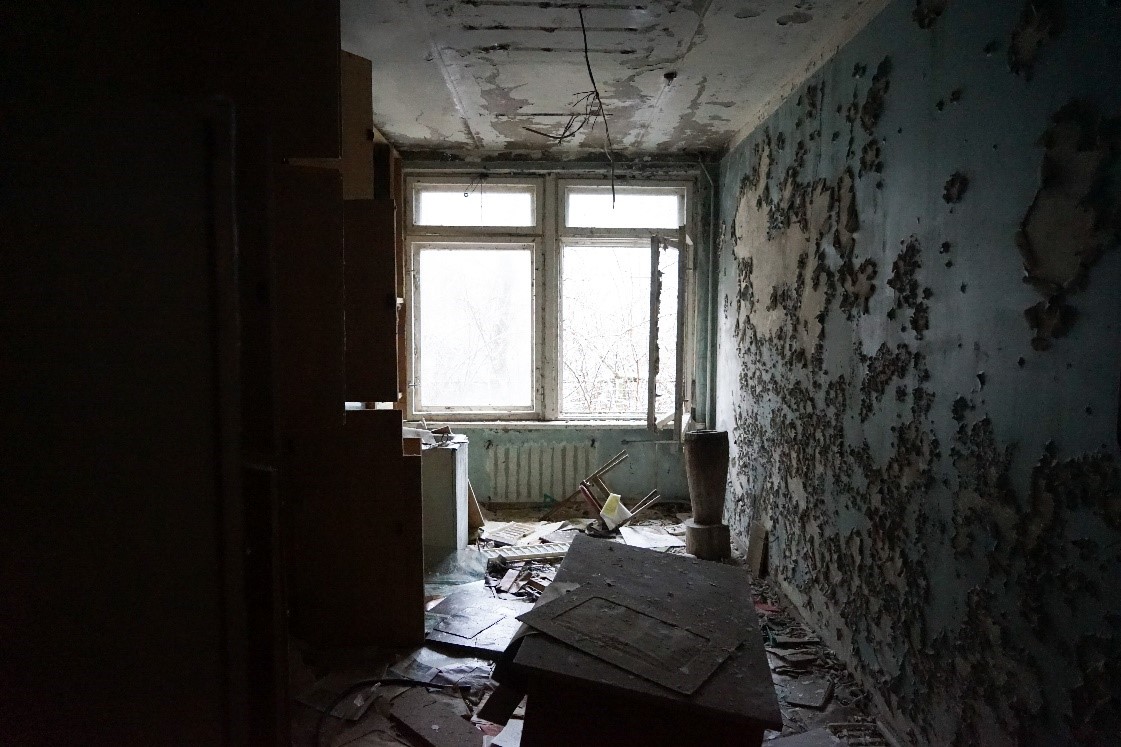Methamphetamine use is a common form of substance abuse in the United States. In fact, according to government estimates, one in ten homes may contain meth. That includes homes of all types, sizes, and locations. Aside from being highly addictive (and illegal), meth is relatively easy to make. Unfortunately, that only adds to its prevalence.
Meth use (and production) leaves a residue throughout the home. The residue lingers and poses serious health concerns for years to come. Indeed, occupying a contaminated home can lead to severe health complications. That is why all home and property owners in the state of Utah must adhere to specific meth removal regulations.
Meth Cleanup in Utah
In 2004, legislators passed the Drug Lab Cleanup and Disclosure Bill. It requires law enforcement agencies to report contaminated properties to the local health departments. The property is then closed to re-entry until the property has undergone successful decontamination. During decontamination, only the owner of record or a Certified Decontamination Specialist can enter the property.
At that point, the health department also places the property on a local contaminated properties list. The property remains on said list until decontamination is complete and the health department clears the property.
Keep in mind that in accordance with Utah Rule 392-600, it is your responsibility to ensure decontamination takes place. That means that your property must test at or below 1.0 ug/100cm2.
Call a Certified Decontamination Specialist Today
Before beginning decontamination, you’ll need to submit a work plan to the local health department. Different counties have different requirements regarding that documentation. However, there are standard protocols as well. For instance, a Utah Certified Decontamination Specialist must take the confirmation samples. So make sure to speak with such a specialist in your area as soon as possible.
After completing confirmation sampling and proper clean-up, you’ll need to submit a final report to the local health department. Of course, all of these processes are detailed, with many nuances. Luckily, a Certified Decontamination Specialist can also assist you with this and each step if needed.
To learn more about laws and regulations in Utah, feel free to visit our other blogs. Or, if you prefer, give us a call for your free consultation at (801) 888-6698.

